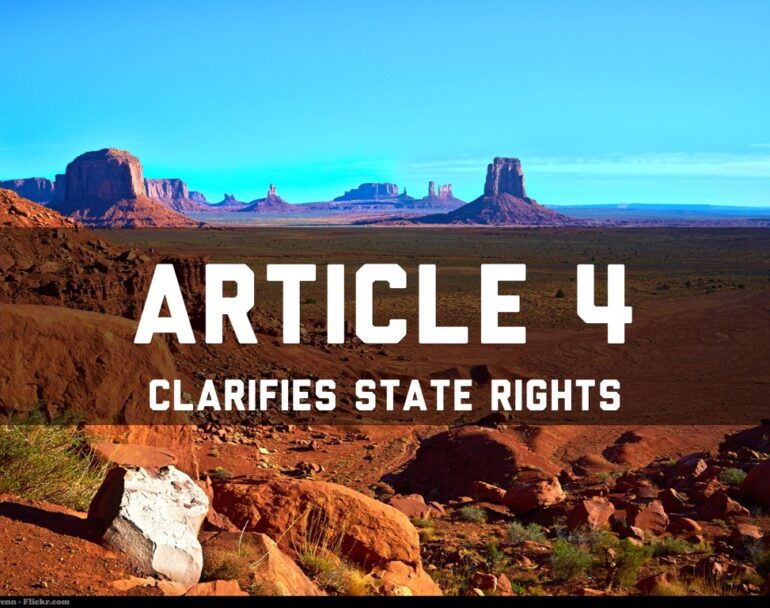
Does the President Have Power to Combat “Domestic Violence”?
A number of commentators have recently argued that the President should (or at least can) use the U.S. military to suppress the ongoing riots and disorder in major cities. (For example, Andrew McCarthy at NRO: The President Has the Constitutional Power to Restore Order. He Must Act. Also here from Marc Thiessen.)
I think, though, as a constitutional matter this authority is somewhat limited. Assume the President has statutory approval to act from a combination of the Insurrection Act and the Posse Comitatus Act (as McCarthy argues in the essay linked above). As a constitutional matter the President surely has authority — especially if authorized by Congress but probably even if not — to use the military to enforce federal law and protect federal institutions. (President Buchanan was wrong about his lack of authority in the run-up to the Civil War.) But does the President have power to suppress violations of state law arising from disorder, such as looting and vandalism?
The key constitutional provision is Article IV, Section 4: “The United States … shall protect each [State] against Invasion; and on Application of the Legislature, or of the Executive (when the Legislature cannot be convened) against domestic Violence.” One could read this language only as a duty of the United States (when requested by a state, the United States must protect against domestic violence), saying nothing about whether the United States can otherwise choose to protect a state even without a request. But I think it is better read as both a duty and a limit. The negative implication is that the United States can act against domestic violence if but only if a state (through its legislature or executive, as appropriate) asks for help.
The clause’s relatively high hurdle for state requests suggests that the clause is a limit as well as a duty. The point of requiring an application from the state legislature (in the ordinary case) or the state executive is to protect the state from premature (or pretextual) federal intervention. That is why this requirement applies only to federal interventions against domestic violence and not to federal interventions against invasions. In the case of invasion, it’s clear that the federal government should act. But states may well prefer to handle domestic violence on their own rather than accept federal intervention, and the clause makes clear that this choice is for the state — ordinarily through its legislature — to make.
Admittedly I haven’t researched founding-era materials to confirm this reading, and no doubt there are historical instances that don’t conform to it, but it appears to be the best reading from the text alone.
Applied to the current situation, I think the President — even assuming congressional authorization — can use federal power to enforce federal law and protect federal institutions but cannot use federal power in general to suppress domestic violence unless requested by individual states in accordance with Article IV, Section 4.